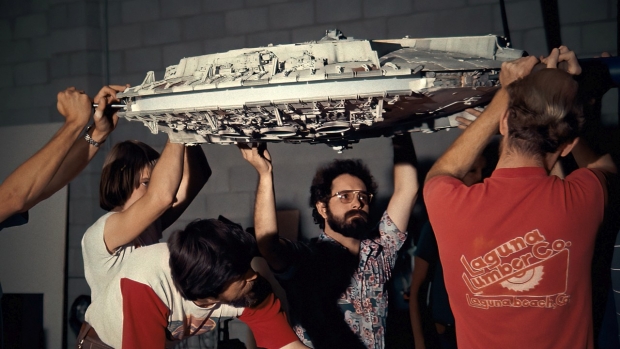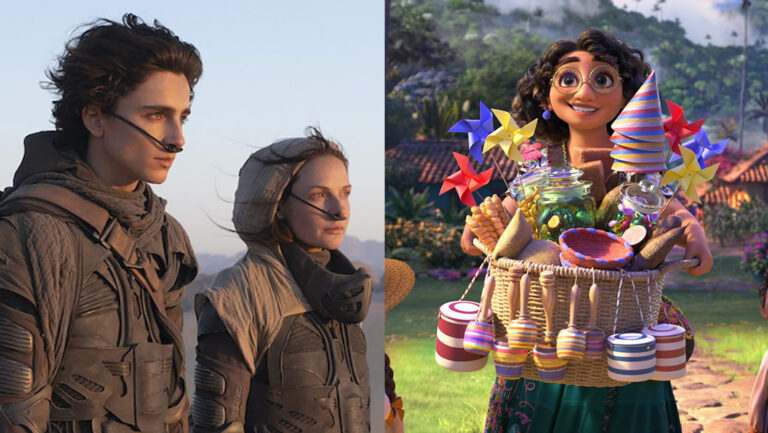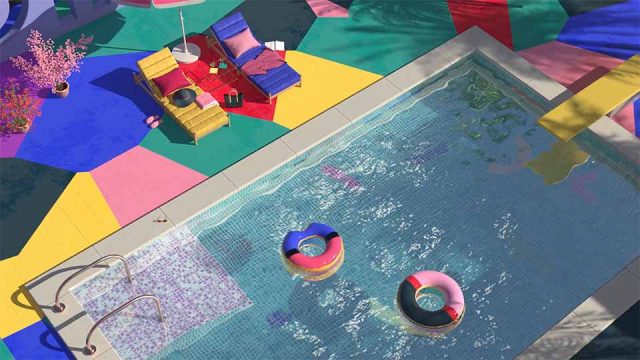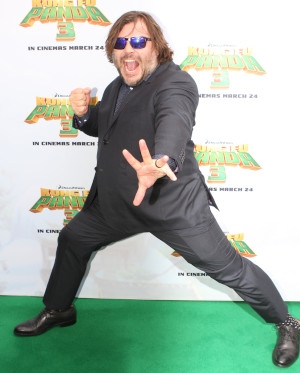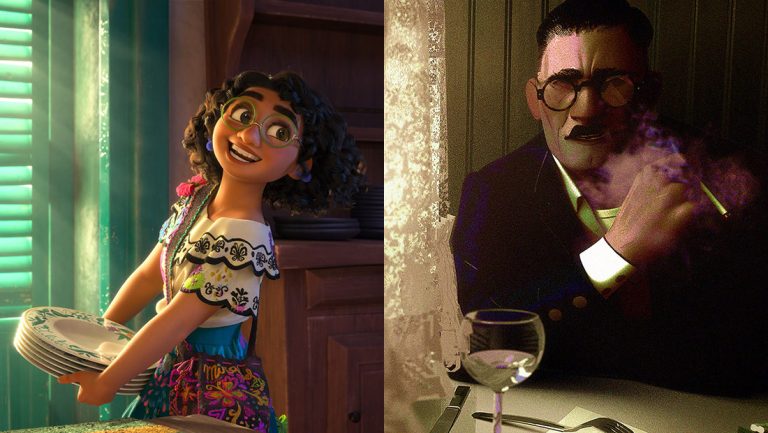Body mechanics is a term used in animation to describe the movement of biped (two-legged) characters, and the rules of motion that govern human bodies. Body mechanics is a mix of principles, including hierarchical anatomical movement, weight shifts, and momentum.
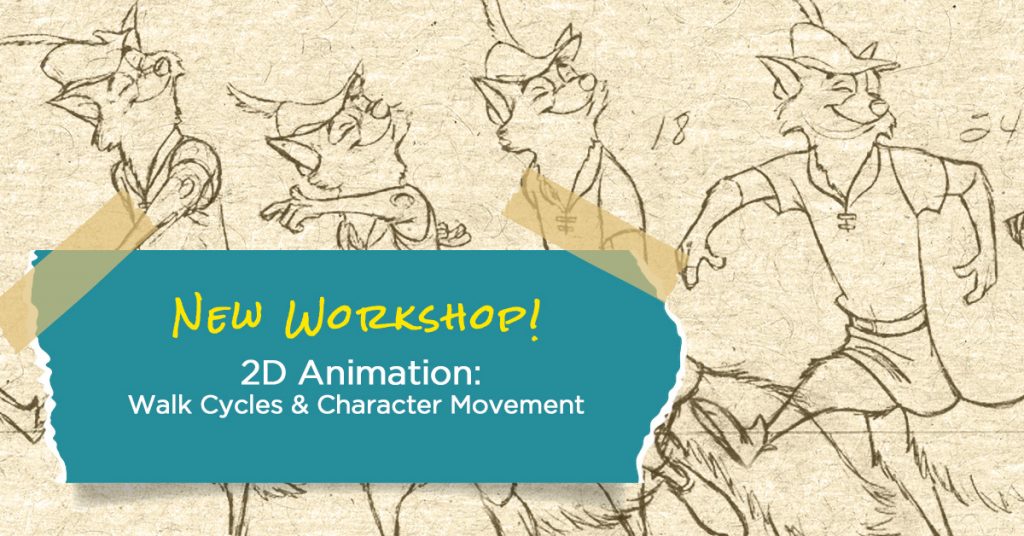
Tell a Story through Movement
Jay Jackson is an incredible character animator, mastering traditional 2D workflows used by the pros, 3D character animation, and modern 2D digital animation techniques. He’s worked on 2D animated classics such as The Little Mermaid, Tarzan, Hercules, and The Black Cauldron, as well as a host of other films. He even trained under the legendary Eric Larson, one of Walt Disney’s “Nine Old Men.” Jay has been teaching with Animation Mentor for over 12 years, bringing lessons from the greats to the next generation of animators.
Jay’s Traditional 2D Animation Reel.
[embedded content]
In this workshop you’ll apply the core principles of body mechanics to animate believable character movement. You’ll follow in the footsteps of legendary 2D animators as you master classic exercises like walk and run cycles before moving on to more complex movement.
We’ll jump right into 2D Animation: Walk Cycles & Character Movement by focusing on body mechanics, a term used in animation to describe the movement of biped (two-legged) characters. When animating, it’s important to think of your character as a series of connected “parts” so that their entire body moves in a believable way. Get comfortable with body mechanics now so you don’t end up with stiff and wooden performances later on.
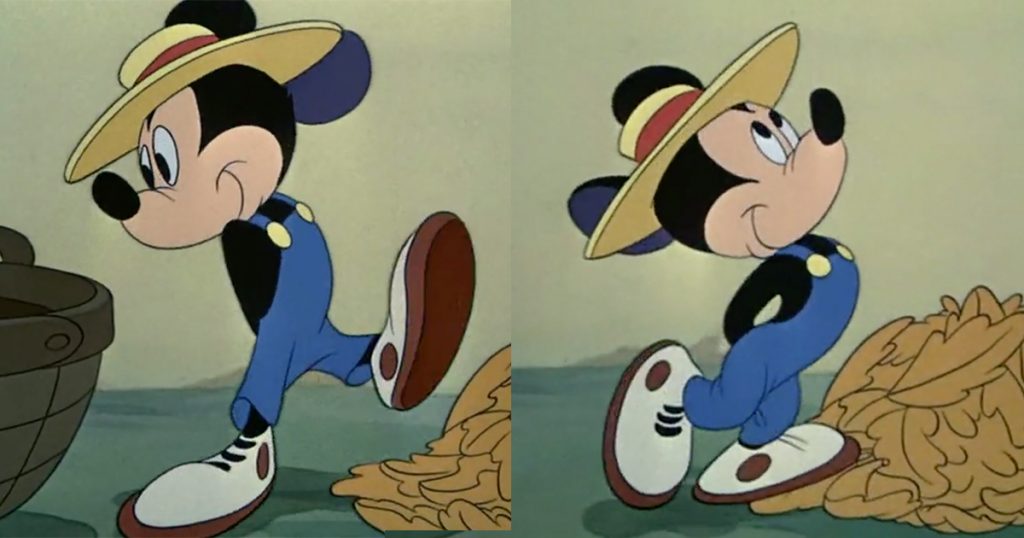
What is body mechanics?
You’ll start with a vanilla walk and then use it later as a basis for a personality walk. You can design your own simple character or “borrow” an existing design that you like. Maybe it’s an irritated business woman late for an appointment, or maybe it’s a happy mouse doing a double-bounce walk. We’ll focus more on the structure and principles rather than on drawing details, although we will talk about basic drawing skills and basic anatomy.
As Richard Williams said, “No two people in the world walk the same.” Animating a walk cycle is a great way to get to know your character and determine what sets them apart from other characters in a story. Age, weight, gender, flexibility, and mood all factor into how a character walks.
Learn intermediate 2D Animation from industry veteran Jay Jackson, whose credits include The Little Mermaid, Tarzan, Hercules, and The Black Cauldron. If you loved animated films growing up and dreamed of working on one some day, this is your moment.
Why is it important to master walk cycle animations?
Your question might also be, “What is the definition of body mechanics?” and we can definitely help with that.
When we talk about a piece of animation with “good body mechanics,” what we mean is that regardless of how stylized or subtle the animation is, it still feels grounded in believable, physical movement.
Meet Your Mentor: Jay Jackson
We love creating new workshops to help our students grow their skill sets, and this second 2D animation workshop taught by Jay Jackson is no exception! Jay’s newest workshop, 2D Animation: Walk Cycles and Character Movement, will build on the skills from 2D Animation for Beginners and will teach students to create full body character movement and performances! Read on to learn more about Jay and this awesome workshop.
[embedded content]
Every animator should know how to animate a convincing “vanilla” walk. Once you understand the mechanics of the movement, you can start to experiment and have fun with it, exaggerating the size of the steps, the amount the head bobs up and down, the amount the arms swing back and forth, the line of action through the body, and any other quirky quality you can think of.
Who would LOVE this workshop?
- 2D animators looking to master body mechanics and bring biped characters to life
- Animators with a foundation in 2D, or anyone who has taken our 2D Animation for Beginners workshop
- Experienced traditional animators looking to translate their skills to a digital medium
- Intermediate students with a basic level of drawing ability and familiarity with ToonBoom Harmony (or similar software)
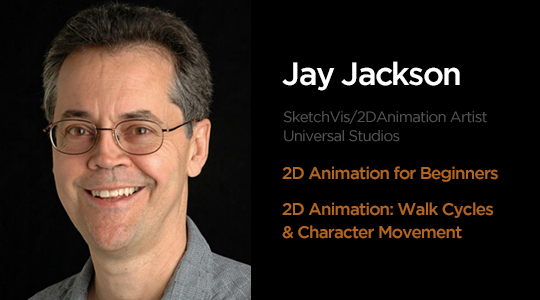
Learn Traditional 2D Animation!
Movement is at the heart of every story, be it a subtle head tilt or a boisterous cartwheel. In order to tell an engaging story, it’s important to master the fundamentals of character mechanics.

